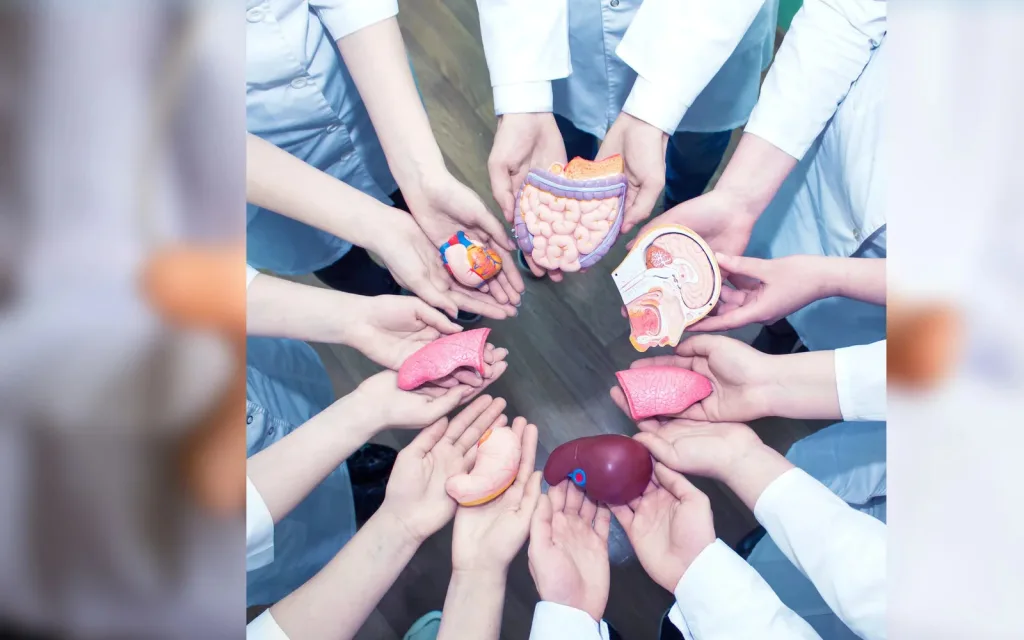By Jyoti Galada
There is a power we all hold as citizens, as family members, and as individuals and that is the power of saying “YES” to organ donation. A single ‘yes’ can save up to 8 lives and enhance the lives of 75 more. It can give organ failure patients the chance to live a normal life, restore their hope to feel included and capable, and become a blessing to families facing emotional, mental, and financial trauma.
This ‘yes’ is most needed at one of life’s hardest moments when your loved one has been declared brain dead and is lost to you forever. Yet in that moment of loss, you can keep their legacy alive through the gift of organ donation. Before the body being buried or cremated, it can go on to give life by donating organs like the heart, lungs, kidneys, liver, pancreas, and small intestine, as well as tissues like corneas, tendons, valves, veins, skin, and bones. Through this supreme act of generosity, your loved one can live on and touch lives even in death.
Who can be a donor
Brain death usually occurs due to a severe head injury or brain hemorrhage that causes complete and irreversible loss of brain activity. With the help of modern medical technology, heart and lung function can be maintained for a few days through mechanical support. This includes oxygen from a ventilator, medications to keep the heart beating, and regulation of blood pressure and temperature allowing organs to stay viable for donation.
It is important to understand that brain death is not a coma. In a coma, there is a chance of recovery but Brain death is clinical death. People who are brain dead can donate organs. There is no age limit to deceased organ donation.
Living donations, such as a kidney as it is a paired organ or part of the liver, are also possible in healthy individuals above 18 years.
The Process of Organ Donation
Once brain death is confirmed and the family gives consent, the patient undergoes a thorough medical evaluation. Organs are matched through government-approved registries such as NOTTO (National Organ and Tissue Transplant Organisation). A specialized team from the recipient hospital visits the donor hospital to retrieve the organs. These are then preserved and transported using a green corridor to reach the recipient quickly and safely. The Donor receives a ‘Guard of Honour’ before the body is handed over to the family.
The entire cost of the organ donation process is covered by the recipient hospital or the organ procurement organization.
Pledging for Organ Donation
Pledging means expressing your intent to donate organs in case of brain death. This is typically done by filling out a donor card and informing your family. If your family is aware of your wish, they are more likely to respect it and proceed with donation. Legally, if the family objects, the donation cannot proceed even if a donor card exists.
Donor cards are primarily meant to raise awareness. You can register online through NOTTO or with any NGO working in the field of organ donation.
Every day, 20 patients die waiting for an organ. India requires around 5 lakh organs each year, but only 2% of patients actually receive one. As per 2023 data, the top 5 states in deceased organ donation are Telangana, Tamil Nadu, Karnataka, Maharashtra, and Gujarat. In most other states, donations are still in single digits annually, largely due to lack of awareness and infrastructure.

